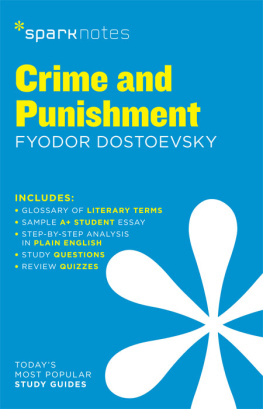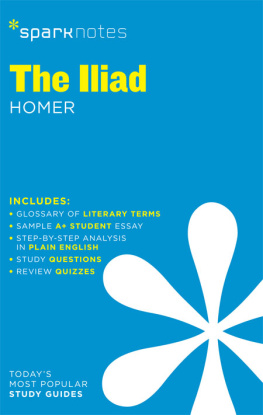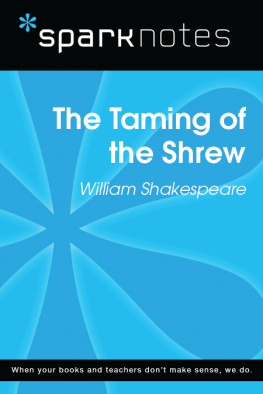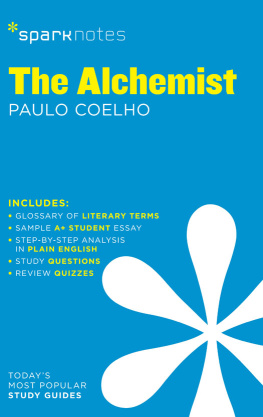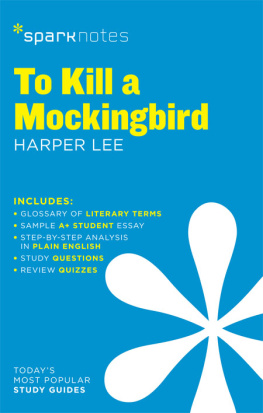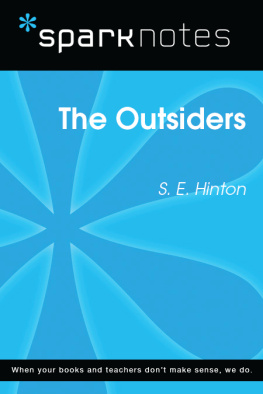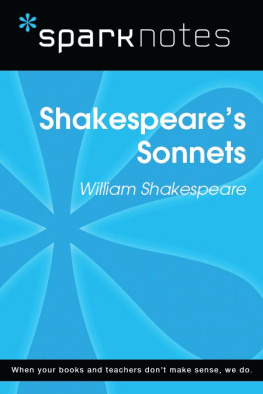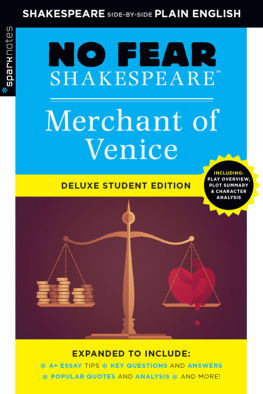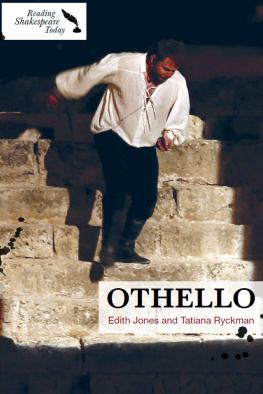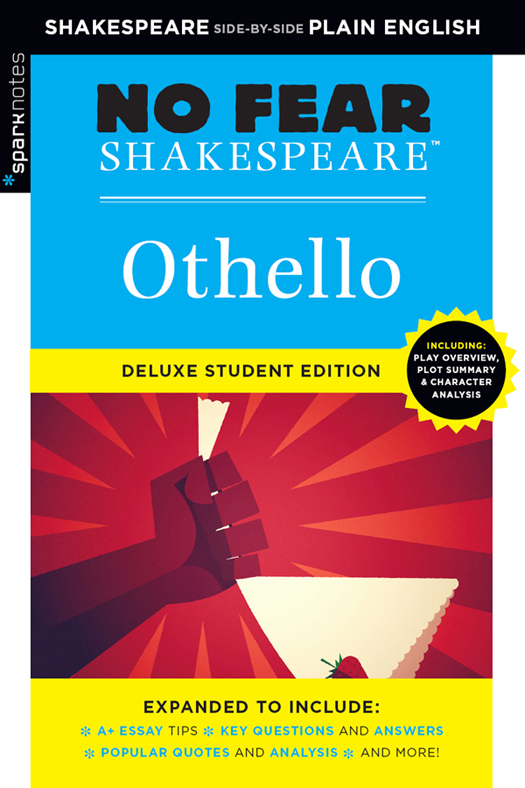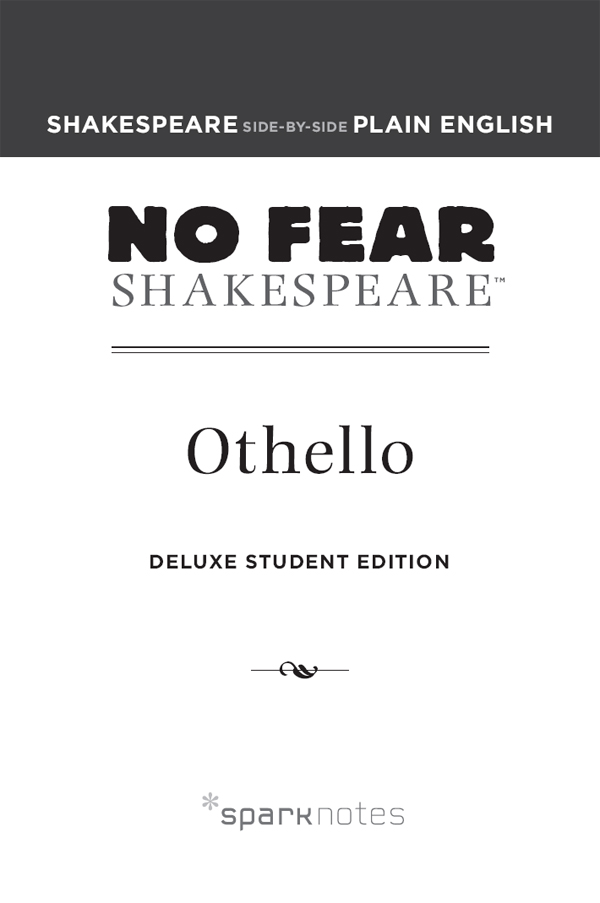SparkNotes - Othello: No Fear Shakespeare Deluxe Student Edition
Here you can read online SparkNotes - Othello: No Fear Shakespeare Deluxe Student Edition full text of the book (entire story) in english for free. Download pdf and epub, get meaning, cover and reviews about this ebook. year: 2021, publisher: Spark, genre: Romance novel. Description of the work, (preface) as well as reviews are available. Best literature library LitArk.com created for fans of good reading and offers a wide selection of genres:
Romance novel
Science fiction
Adventure
Detective
Science
History
Home and family
Prose
Art
Politics
Computer
Non-fiction
Religion
Business
Children
Humor
Choose a favorite category and find really read worthwhile books. Enjoy immersion in the world of imagination, feel the emotions of the characters or learn something new for yourself, make an fascinating discovery.

- Book:Othello: No Fear Shakespeare Deluxe Student Edition
- Author:
- Publisher:Spark
- Genre:
- Year:2021
- Rating:3 / 5
- Favourites:Add to favourites
- Your mark:
Othello: No Fear Shakespeare Deluxe Student Edition: summary, description and annotation
We offer to read an annotation, description, summary or preface (depends on what the author of the book "Othello: No Fear Shakespeare Deluxe Student Edition" wrote himself). If you haven't found the necessary information about the book — write in the comments, we will try to find it.
Shakespeare everyone can understandnow in new DELUXE editions!
Why fear Shakespeare? By placing the words of the original play next to line-by-line translations in plain English, these popular guides make Shakespeare accessible to everyone. They introduce Shakespeares world, significant plot points, and the key players. And now they feature expanded literature guide sections that help students study smarter, along with links to bonus content on the Sparknotes.com website. A Q&A, guided analysis of significant literary devices, and review of the play give students all the tools necessary for understanding, discussing, and writing about Othello.
The expanded content includes:
Five Key Questions: Five frequently asked questions about major moments and characters in the play.
What Does the Ending Mean?: Is the ending sad, celebratory, ironic . . . or ambivalent?
Plot Analysis: What is the play about? How is the story told, and what are the main themes? Why do the characters behave as they do?
Study Questions: Questions that guide students as they study for a test or write a paper.
Quotes by Theme: Quotes organized by Shakespeares main themes, such as love, death, tyranny, honor, and fate.
Quotes by Character: Quotes organized by the plays main characters, along with interpretations of their meaning.
SparkNotes: author's other books
Who wrote Othello: No Fear Shakespeare Deluxe Student Edition? Find out the surname, the name of the author of the book and a list of all author's works by series.

